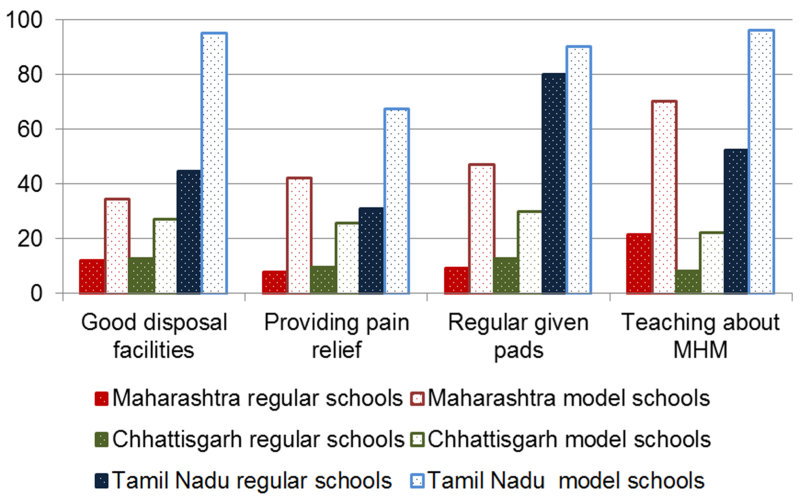May 28 marks Menstrual Hygiene Day, and it’s more than just another observance-it’s a call to action. For far too long, menstruation has been shrouded in stigma, silence, and misinformation. In our schools, in our homes, and even within the walls of higher institutions, conversations around periods are whispered, if held at all.
But here’s the truth: menstruation is a natural biological process. And menstrual hygiene? It’s not a luxury-it’s a fundamental aspect of health, dignity and gender equality. When young girls are denied access to proper menstrual products, clean facilities, or even accurate information, it’s not just their health that’s at risk. Their education, self-esteem, and opportunities suffer too.
Let’s talk about teenage girls. For many, their first period comes with fear, confusion and shame. In secondary schools across Nigeria, menstrual education is either absent or riddled with myths. Some girls stay home during their periods because they’re afraid of staining their uniforms or being mocked. Others reuse unhygienic materials because they can’t afford sanitary pads. This shouldn’t be normal.
Even in universities, where we expect a higher level of awareness, the challenges persist. Many young women juggle school responsibilities while battling painful cramps, limited finances, or a lack of decent sanitary facilities on campus. Some resort to dangerous alternatives out of necessity.
It’s clear: menstrual hygiene is not a teenage issue. It’s a societal issue. And as a society, we owe our young women better.
Parents must begin these conversations early, breaking the culture of silence around periods. Schools must integrate comprehensive menstrual education into their health curricula-not as an afterthought, but as a priority. Government and NGOs must work hand-in-hand to provide free or subsidised menstrual products in public schools. And we must push for policies that prioritise menstrual equity in educational institutions.
When girls can manage their periods safely and with dignity, school attendance improves. Confidence grows. Gender gaps in education shrink. A well-informed teenage girl becomes an empowered woman and that, in turn, empowers our entire society.
Today, on Menstrual Hygiene Day, let’s commit to doing more than just talking. Let’s listen. Let’s educate. Let’s advocate. Because menstrual hygiene isn’t just a girl’s issue-it’s everyone’s business.
Tahir Ahmad is a NYSC corps member serving at PRNigeria Centre, Abuja [email protected]
Provided by SyndiGate Media Inc. (
Syndigate.info
).







